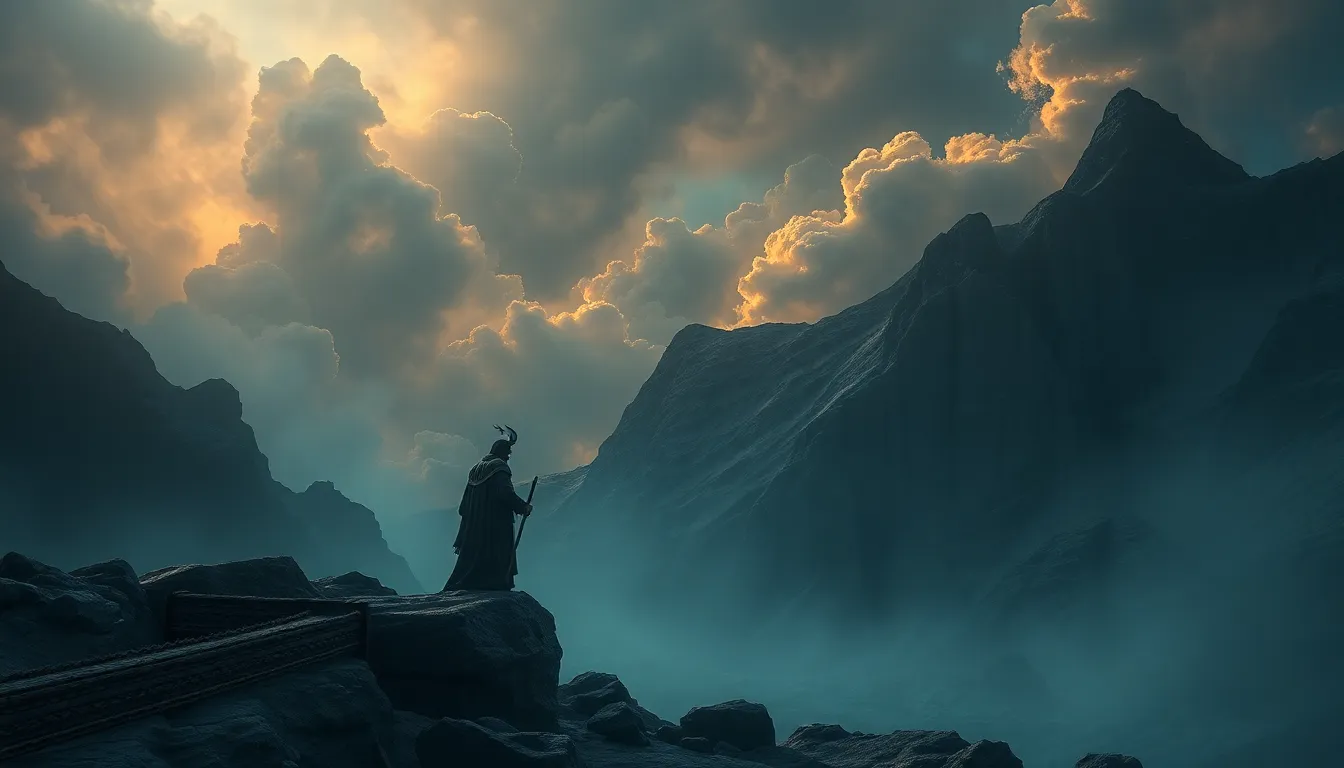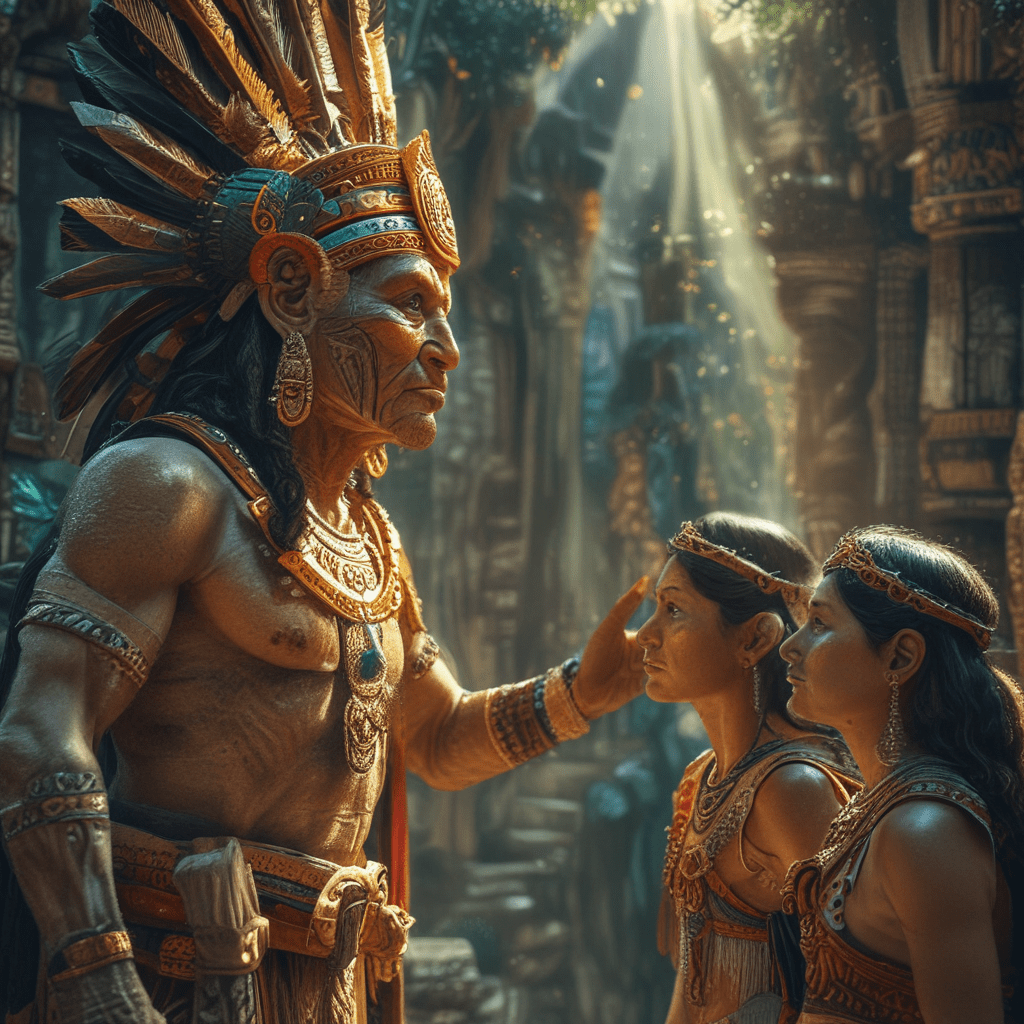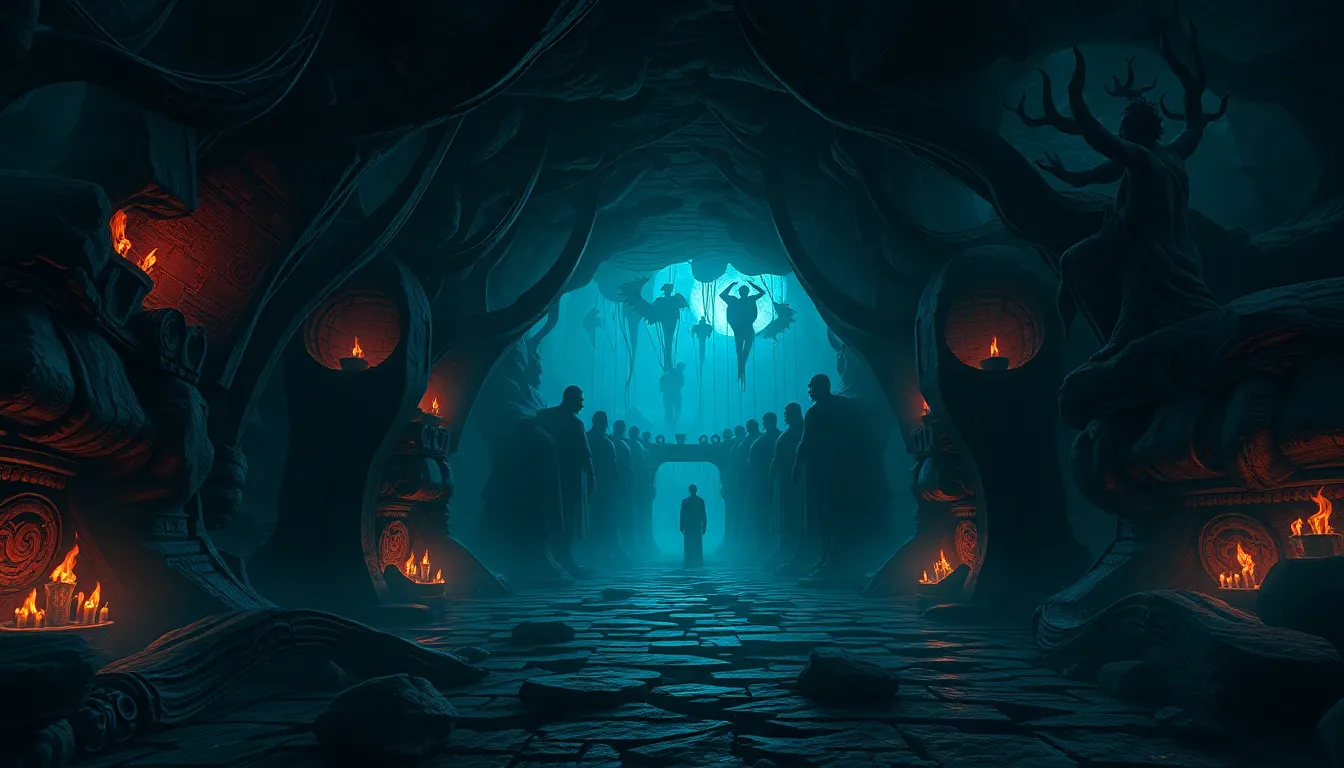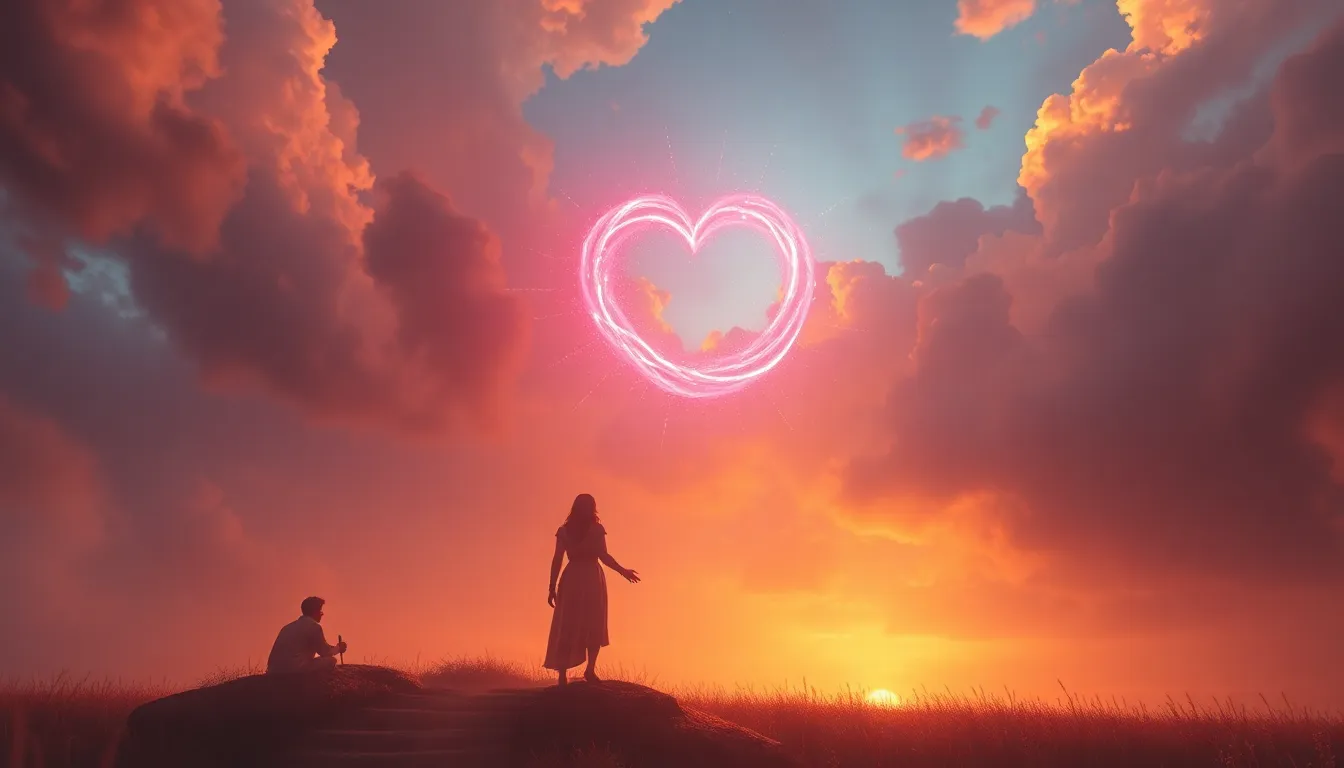The Prophecies of the Norse: What Did the Gods Foretell?
I. Introduction to Norse Prophecies
Norse mythology is a rich tapestry of stories, beliefs, and cultural values that shaped the lives of the Norse people. At the heart of this mythology lies a series of prophecies that outline the destinies of gods, heroes, and the world itself. These prophecies are not merely predictions but are deeply intertwined with the cultural fabric and religious beliefs of the Norse.
The role of prophecies in Norse culture cannot be overstated. They served as both warnings and guides for the people, providing insights into the divine plans and the fates awaiting them. Understanding these prophecies allows us to grasp the Norse view of fate, the universe, and the constant struggle between order and chaos.
This article aims to explore key prophecies within Norse mythology, delving into their sources, implications, and the roles played by the gods and mortals alike in the unfolding of these divine narratives.
II. The Sources of Norse Prophecies
The primary sources of Norse prophecies are the Poetic Edda and the Prose Edda, two foundational texts that preserve much of the mythology and lore of the Norse gods.
- The Poetic Edda: A collection of Old Norse poems that includes various myths and legends. It is particularly notable for its prophetic verses.
- The Prose Edda: Written by Snorri Sturluson in the 13th century, this work provides a narrative framework for the stories and includes discussions of the gods and cosmology.
In addition to these texts, oral traditions played a significant role in the transmission of prophecies. The stories were passed down through generations, allowing them to evolve and adapt over time.
Seers and völvas, or wise women, were also integral to Norse society. They acted as intermediaries between the gods and humans, often delivering prophecies and insights into the future during rituals and gatherings.
III. The Concept of Fate in Norse Mythology
At the core of Norse beliefs is the concept of fate, represented by the Norns—three goddesses who weave the threads of destiny. The Norns are akin to the Greek Moirai, overseeing the fates of both gods and mortals.
- Urd: The Norn of the past, representing what has been.
- Verdandi: The Norn of the present, symbolizing what is happening now.
- Skuld: The Norn of the future, embodying what is yet to come.
This intricate web of fate raises questions about free will. In Norse mythology, while the Norns dictate the fates, individuals and gods alike can influence their destiny through their actions, creating a complex interplay between fate and free will.
IV. Major Norse Prophecies: An Overview
Among the numerous prophecies in Norse mythology, a few stand out for their significance and impact:
- The Prophecy of Ragnarok: This prophecy foretells the end of the world, a cataclysmic event that will lead to the death of numerous gods, including Odin and Thor.
- The Life and Death of Odin: Odin, the Allfather, is central to many prophecies, including his own demise during Ragnarok.
- The Return of Baldr: After the events of Ragnarok, Baldr, the god of beauty and love, is prophesied to return, symbolizing renewal and hope.
V. The Prophecy of Ragnarok
The prophecy of Ragnarok is one of the most famous and significant in Norse mythology. It describes a series of events that will culminate in a great battle, leading to the destruction of the cosmos.
Key events leading up to Ragnarok include:
- The death of the god Baldr, which sets off a chain reaction of events.
- The breaking of Fenrir’s bonds, allowing the monstrous wolf to wreak havoc.
- The release of the Midgard Serpent, Jörmungandr, who will battle Thor.
Key figures involved in this prophecy include:
- Odin: The chief god, who seeks knowledge about the prophecy and prepares for the impending doom.
- Loki: The trickster god, whose betrayal is pivotal to the events of Ragnarok.
- Fenrir: The wolf who will devour Odin during the battle.
Ragnarok is rich in symbolism; it represents the cyclical nature of existence, the inevitability of change, and the struggle between order and chaos.
VI. The Role of the Gods in Fulfilling Prophecies
In Norse mythology, the gods are not merely passive recipients of prophecies; they actively engage with them. Odin’s quest for knowledge is a prime example of this dynamic.
Odin sacrifices much, including his eye, to gain wisdom about the fates of the gods and the world. His actions demonstrate a profound tension between prophecy and divine intervention. While the prophecies predict certain outcomes, the gods often take steps to alter or mitigate these fates.
VII. Prophecies Beyond Ragnarok: Lesser-Known Predictions
Aside from the prominent prophecies surrounding Ragnarok, there are numerous lesser-known predictions found within the Eddas and other sources:
- The Völuspá: This poem features a völva who recounts the history of the world and foretells its end.
- Fates of Heroes: Various prophecies detail the destinies of specific heroes and their roles in the greater narrative.
These predictions may not be as widely recognized but are significant in understanding the broader themes of fate, sacrifice, and redemption within Norse mythology.
VIII. The Impact of Norse Prophecies on Modern Culture
Norse prophecies continue to resonate in modern culture, influencing literature, film, and popular media. The themes of fate, heroism, and the cyclical nature of existence have inspired countless works.
In recent years, there has been a revival of interest in Norse mythology, leading to a resurgence in adaptations and reinterpretations of these ancient stories. This revival highlights the timeless nature of these prophecies and their relevance in contemporary discussions about fate and destiny.
Comparatively, the themes found in Norse prophecies can be seen in other mythological traditions, offering a rich field for exploration and analysis.




